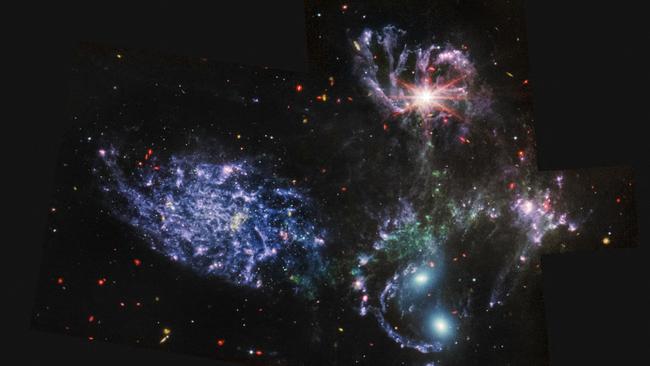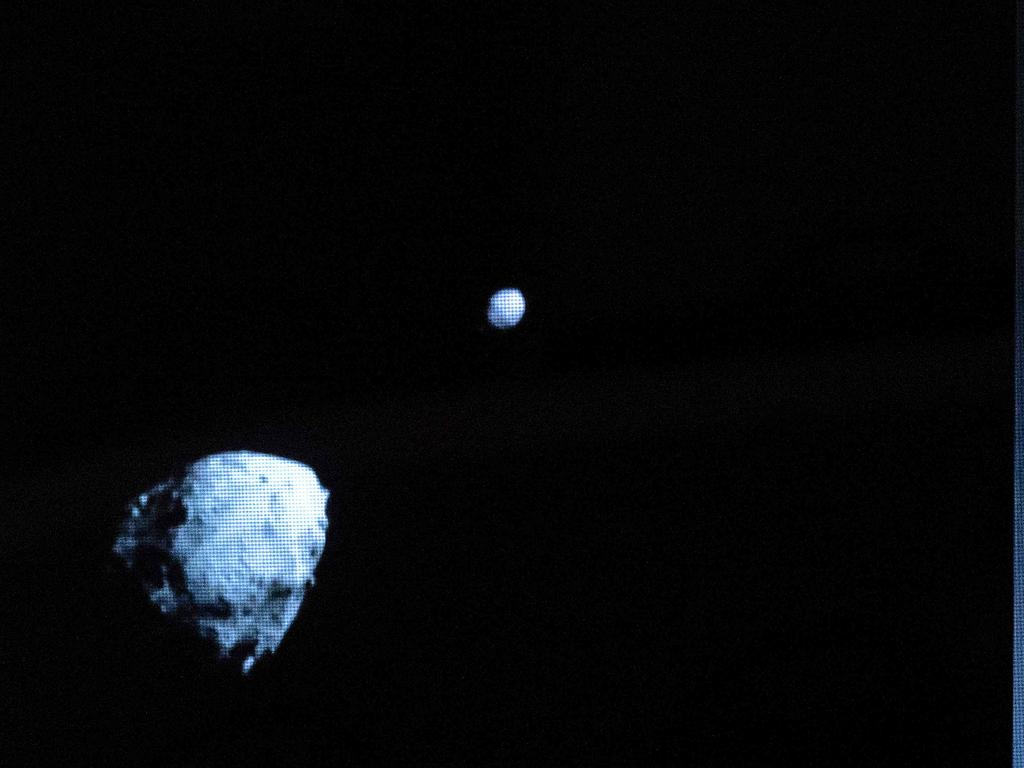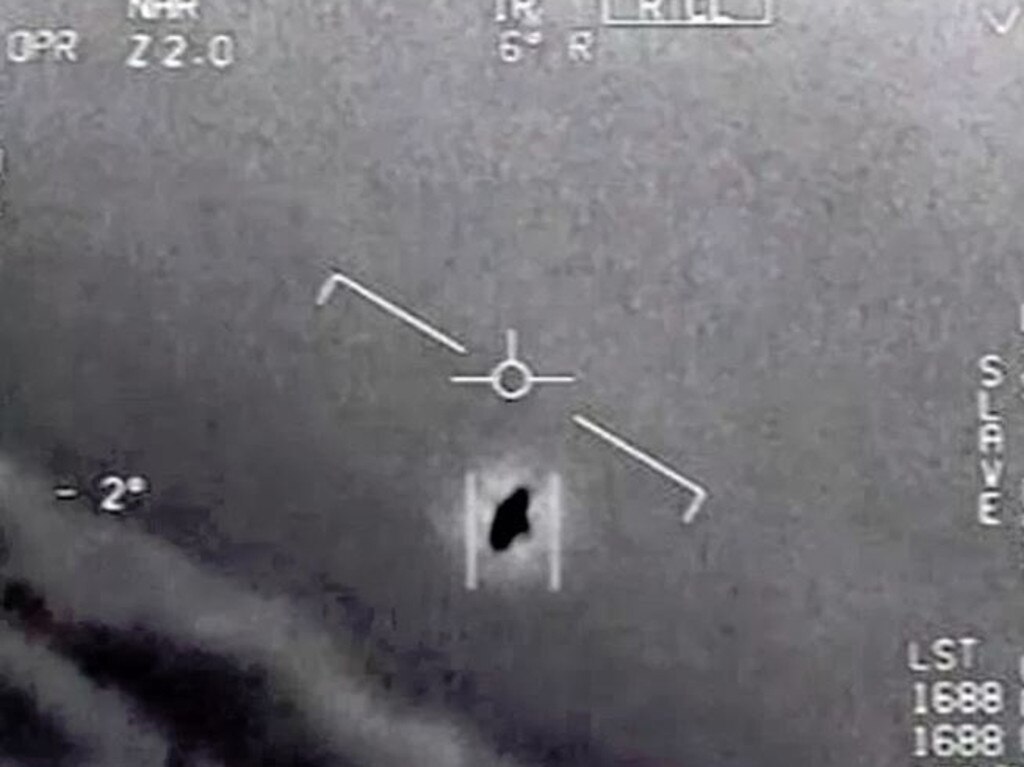Research hub mission to prepare Earth’s response to alien contact
How to answer the first signal is a hot topic for the research hub set up to explore what Earth does next, if aliens get in contact.

Across the world radio telescopes listen out for messages from the stars. On Mars, missions search for microbes among the soil. But in our keenness to find aliens, there remains a key question science has not yet addressed: what do we do if we actually succeed?
Now a research hub has been set up in the University of St Andrews to tackle just that problem – a problem Dr John Elliott, co-ordinator of the team, believes could shake civilisation.
“Something like this would be very, very high impact,” he said, adding that recent experiences have shown us the importance of preparation.
“The pandemic is one of the things that would come close to a global event with this impact,” he said. “We were suddenly trying to bring people together quickly, but we weren’t ready.”
Elliott has long researched the ways in which we might be able to interpret alien messages, as part of the Search for Extra-terrestrial Intelligence, or Seti, community.
His academic work draws inferences from the structure of messages to gain knowledge of what sort of information they contain, even without a shared language. Now, though, he is looking beyond technical mathematical problems, to far thornier societal ones.
“Protocols are written for assessing initial contact. There’s nothing meaningful, though, about what happens next.” How do we deal with misinformation and communication with the public? How do we deal, for that matter, with communication with the aliens? “One of the big debates is, if we get a signal do we respond?”
Some scientists think we should be friendly, others that replying would just tell malevolent aliens where to come to colonise us. “This isn’t resolved at all,” Elliott said.
His new unit, known as the Seti Post-Detection Hub, will draw together academics from the sciences and the humanities to consider problems such as this, as well as the legal, philosophical and ethical issues we might face in the weeks and months after contact. How, for instance, might we integrate aliens into our legal and human rights codes?
Although the discovery of aliens, and certainly of intelligent aliens, is unlikely, Elliott says that shouldn’t be an impediment. The United Nations has protocols on asteroid impacts, which haven’t caused extinctions for 66 million years. So why not aliens too?
“Will we ever get a message from ET? We don’t know. We also don’t know when this is going to happen. But we do know that we cannot afford to be ill-prepared – scientifically, socially and politically rudderless – for an event that could turn into reality as early as tomorrow and which we cannot afford to mismanage.”
The Times






To join the conversation, please log in. Don't have an account? Register
Join the conversation, you are commenting as Logout